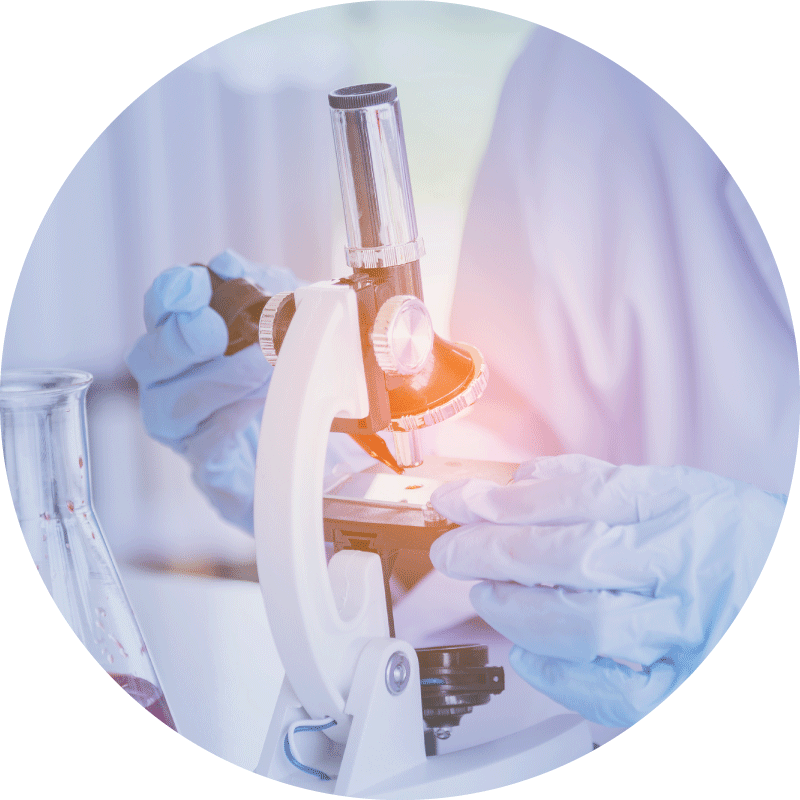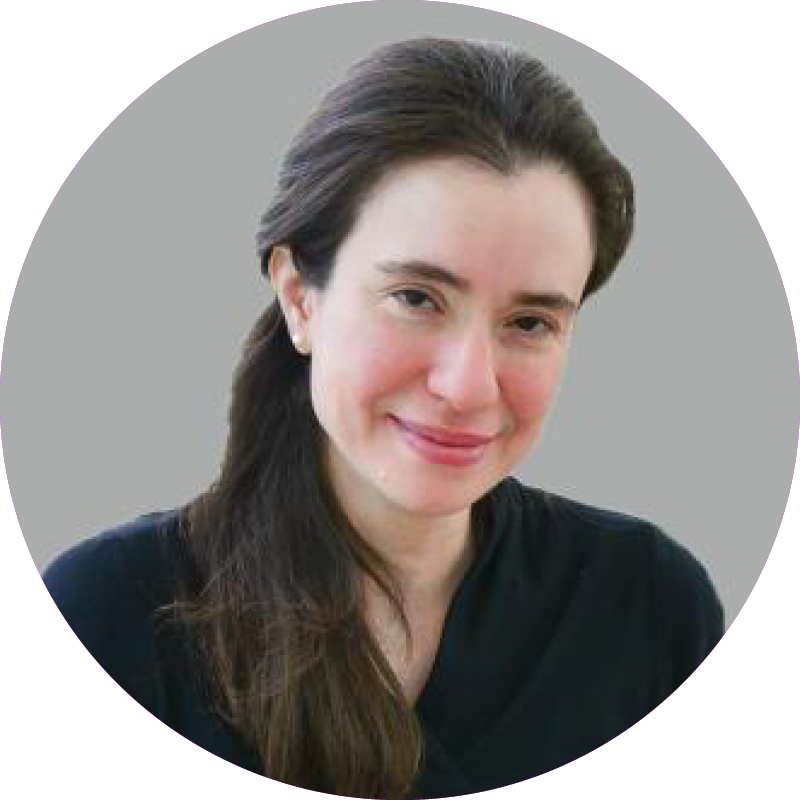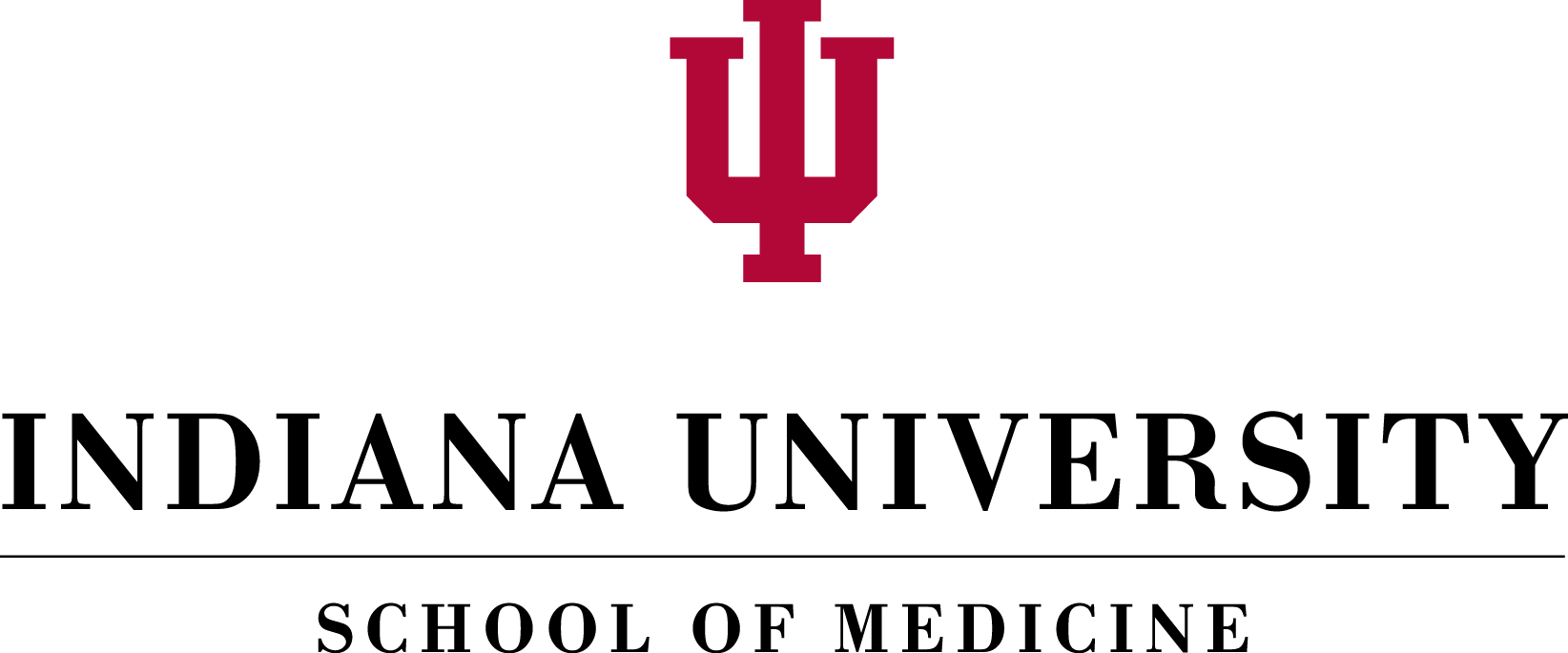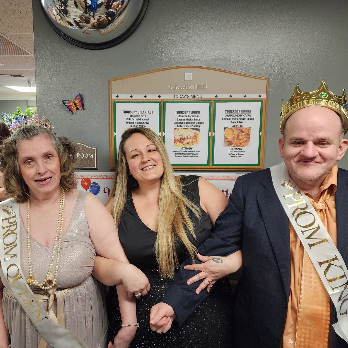The Bev Hartig Huntington’s Disease Foundation (TBHHDF) strives to seek out cutting-edge research that would not be funded without the Foundation that Bev inspired. TBHHDF collaborates with The CHDI Foundation, a non-profit biomedical foundation whose aim is to rapidly discover and develop drugs that retard the progression of HD, and to identify up-and-coming researchers with promising studies.
To date, $3.3 million has been awarded by TBHHDF to specific research seeking to develop a cure for Huntington’s Disease.
Below are the most recent Grant Recipients, individually selected by the TBHHDF board based on their focus to study the brain and how to slow the CAG-repeaters, which is a key indicator for Huntington’s Disease.

2024 Recipients
Dr. Wenzhen Duan, M.D., Ph.D. – $162,691
Professor of Psychiatry and Neuroscience
Director, Laboratory of Translational Neurobiology
Co-Director, Division of Neurobiology
Johns Hopkins University School of Medicine
Huntington’s disease (HD) is an autosomal dominant neurodegenerative disorder caused by an expansion of CAG repeats in the huntingtin (HTT) gene, leading to the production of mutant huntingtin protein. A promising therapeutic approach involves eliminating the mutant RNA transcripts to mitigate these effects. The U1 small nuclear RNA (U1 snRNA), a component of the spliceosome, has been identified as a potential tool for inhibiting target gene expression, offering a novel strategy for reducing mutant HTT levels. However, delivering gene therapies to the brain is challenging due to the blood-brain barrier (BBB). Recent advancements in magnetic resonance-guided focused ultrasound (FUS), combined with microbubble agents have shown potential in temporarily disrupting the BBB, allowing for targeted delivery of therapeutics to specific brain regions. This project proposes developing a clinically scalable method using FUS and microbubble conjugates to deliver U1 snRNA to the brains of HD mice, aiming to establish a foundation for future clinical applications.


Dr. Myriam Heiman – $100,000
It is known that the cerebrovasculature and the blood-brain barrier (BBB) it creates become dysfunctional in Huntington’s disease (HD), often years before other HD symptom onset. Previous work in the field has shown that mutant huntingtin can be found within the brain vasculature of HD patient tissue and HD model mice, and can lead to the disruption of BBB properties. With the Foundation’s support, we have been using an adeno-associated virus (AAV) targeting approach for gene therapy of the BBB in HD mouse models, targeting key cerebrovascular genes involved in or affected in HD. Our results in mice show that this approach has great promise to modulate HD symptom progression, and since these viral tools are delivered as a one-time blood (intravenous) injection, bypass any adverse effects in neurons, they in principle could be safely applicable to human patients as well.
HDSA Human Biology Project – Dr. Roy Maimon PhD – $75,000


IU Social Worker – Center for Excellence – $20,000
Indiana University School of Medicine is a designated Center of Excellence by the Huntington’s Disease Society of America. As part of a network of 47 Centers of Excellence across the country, IU School of Medicine provides an elite team approach to Huntington’s disease care and research.
Patients benefit from expert neurologists, psychiatrists, social workers and therapists who have extensive experience working with families affected by Huntington’s disease. The specialists in the Department of Neurology work collaboratively to help families plan the best care program throughout the course of the disease.
Thanks to the generosity of our supporters, we’ve made meaningful progress:
Comprehensive Patient Care
Our monthly multidisciplinary HD clinic brings together experts in neurology, psychiatry, physical, occupational, and speech therapy, along with dedicated social work support. This team creates personalized care plans that address both physical and emotional needs.
Innovative Research
We actively participate in global studies like Enroll-HD and have recently concluded the SAGE study. Our clinic is being considered for new clinical trials, continuing our mission to explore promising therapies and treatments.
Education & Advocacy
We host educational events, support groups, and advocate for policy changes to better serve HD families. Our team regularly presents at national conventions and will host a local educational event this fall.
Spotlight on Social Work
Your support directly funds the work of Courtney Gatza, our HD social worker. Courtney coordinates our clinic, leads statewide HD education efforts, supports predictive testing protocols, and manages research studies—all while providing invaluable care to patients and families.
Aperion Care (formerly Summerfield) – Cloverdale, IN – $5000
Each year, we are proud to support Aperion Care (formerly Summerfield) through funding that helps enrich the lives of their residents living with Huntington’s Disease (HD). Aperion’s compassionate team goes beyond daily care—they create unforgettable experiences that bring joy, dignity, and connection to their patients and families.
In 2024, the BHHDF Grant helped make several of these dreams a reality.
Elvis Day kicked off the year with a lively performance by an Elvis impersonator, bringing smiles, dancing, and nostalgia to the community.
Residents also enjoyed concert outings to see legendary acts like Janet Jackson, the Steve Miller Band, and a Beatles tribute band—each event tailored to the musical tastes of the patients.
One of the most heartwarming events was Prom Night. Residents were treated to a shopping trip to pick out the perfect dress, followed by a special dinner at Red Lobster and a night of dancing and celebration.
And for one resident, a devoted Swiftie, the dream came true with a trip to see a Taylor Swift tribute band. Her mother shared this touching note:
“I wanted to express my thanks for sponsorship of these trips for HD residents at Aperion. You have given my daughter joy at the point of her journey that we all needed to see.”
These moments are more than just events—they are lifelines of joy, connection, and hope. We are honored to play a small part in making them possible.
Thank you to the staff at Aperion Care for your dedication, and to the families who share these beautiful stories with us. Together, we continue to make a difference—one dream at a time.

Past Recipients
Learn More
What is Huntington’s Disease?
Huntington’s Disease is a degenerative brain disease that strikes in mid-life, usually between the ages of 30-40. People lose their ability to walk, talk, and even feed themselves. Even though people may live for 10-20 years with this disease, their quality of life is taken from them.
Who Was Bev Hartig?
In 1998, about one year after getting married, Bev received a paralyzing phone call that her birth father had been diagnosed with HD. This meant every sibling had a 50% chance of inheriting this disease. She found out that she also carried the gene and would suffer the same tragic fate.
